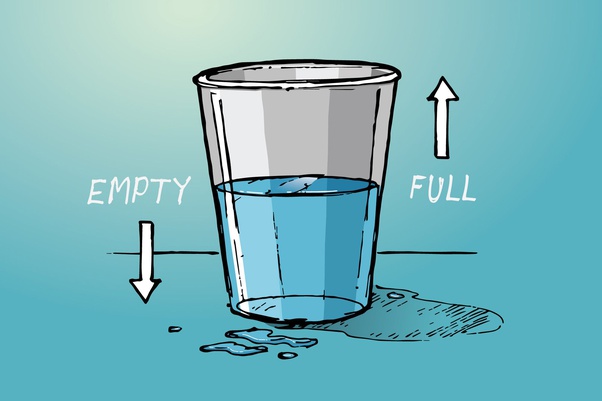“Obstacles and opportunities go hand in hand. The difference lies in the way we perceive them.”
— Dr Prem Jagyasi
The Internet is crowded with interview tricks and tips. However, to nail the interviews and land your dream job, a solid foundation of how you perceive them is more important than you think. The way you perceive and treat interviews will fundamentally determine how effectively you prepare and how successful you perform. Having been on both sides of the interviews for many years, the following are my top 3 recommendations how you should perceive interviews for engineers, product managers, and engineering managers in the tech industry. Especially when you feel fatigue or lost your way during the exhausting interview preparation, use these to pull you back on track.

Interviews are Two-Way
Job market is a kind of marketplace, so the Theory of Asymmetric Information applies too. Interview is among the many tools employers and job candidates use to minimize the information imbalance. Job candidates should try best to demonstrate what they bring to the table, while at the same time get as much information about the company and the role as possible to evaluate the fit. Employers would perceive you as more mature and serious when they feel you are interviewing them too. Otherwise, if they view this is a unilateral selection where they dominate, you won’t want to work for them anyway.
If you internalize this principle, you will realize it unlocks a lot of areas, for example you will make the interview a more interactive conversation, you will show more confidence, you will ask a lot more natural and meaningful questions when they leave time for you to ask questions at each interview session, etc.
Interviews are Good Learning Guides
Instead of treating interviews as painful cram before final exams at school, a better way is to regard it as a guide for your continuous learning through your career. Because interview is one of the most important tools for employers to assess candidates, it tells you what the most important qualities the companies and the industry are look for from job candidates at the time. So interviews should not be a thing you only care about when you need to take an interview. You should start it way early. When you are not actively interviewing, use interviews as one of the guides for your learning to be successful at your current role.
If you internalize this principle, you will find yourself remain sharp on both hard and soft skills the industry values. When the time comes for your to actually take interviews, you are mostly ready and just need some final brush ups at ease. This is easier said than done. We will discuss more in later posts how you could leverage some techniques to achieve this more easily than fully relying on your will power.
Practice is Essential
Interview is like stage performance. If you don’t have the skills, you won’t make it for sure. However, if you have the skills, you are not guaranteed to nail the interview, because fully demonstrate your skills and alignment with the job role in a very tight amount of time takes more than just the skills itself. The key is practice. Yes, “practicing interviews” is indeed not essential for you to perform well on the role, but until a “mind reading machine” is invented that can assess your skills without you acting/speaking out you have to practice to make the interview successful. The practice at least has one positive side effect benefit, which is sharpening your communication skills. So don’t ignore the “practice”. Spend a lot of time on it. It is not as silly as it sounds.
If you internalize this principle, you will find yourself more fluent and confidence as you practice. We will discuss more how you could effectively and effortlessly practice and even form a habit of it.
Next …
The above prepare your mindset and perception of interviews. With this foundation, in the subsequent posts, I will dive into more concrete topics like strategies, tactics, and some real world examples. Have you already established mindset like above? Enjoy the moment of zen in interview prep!

